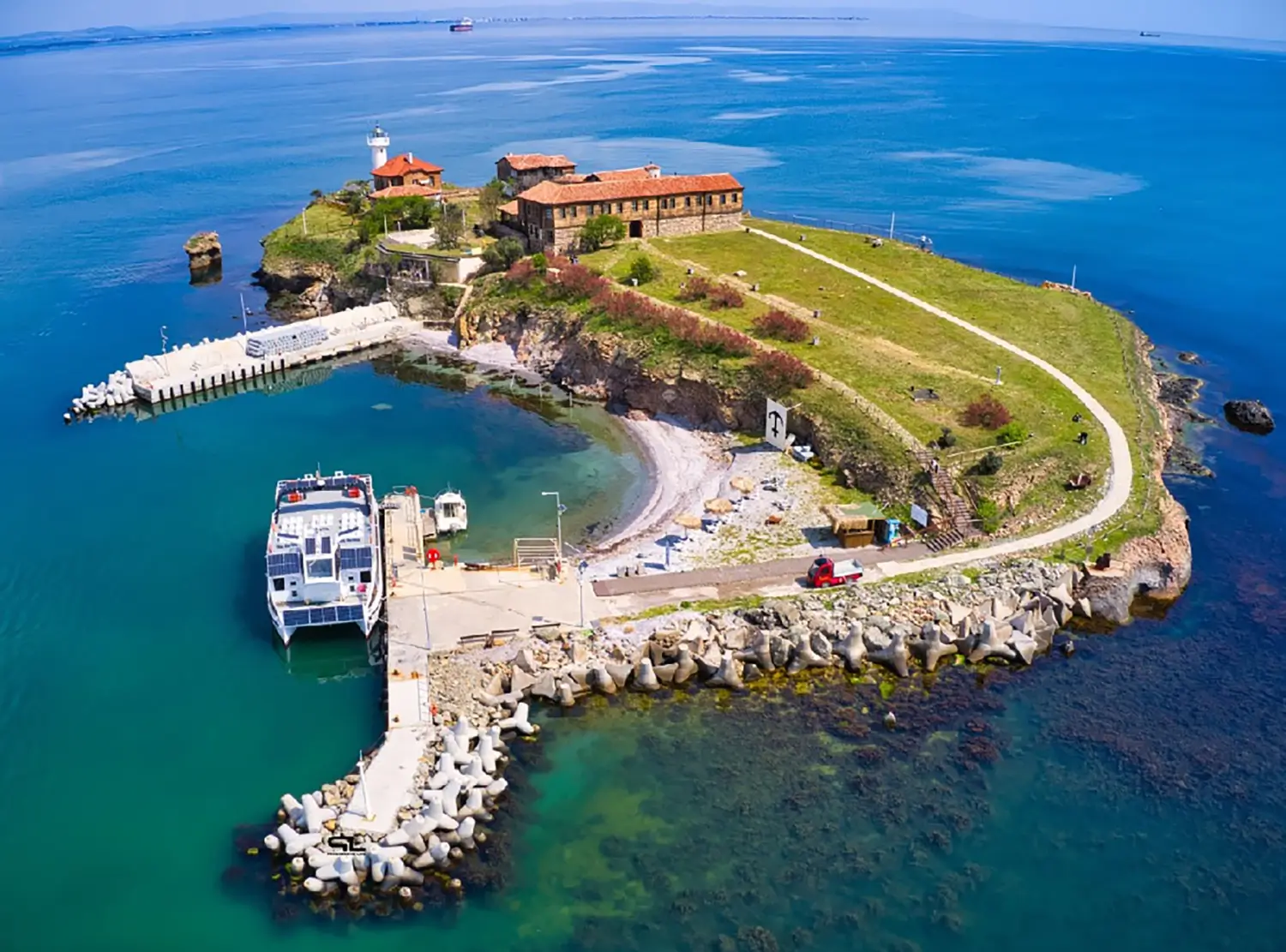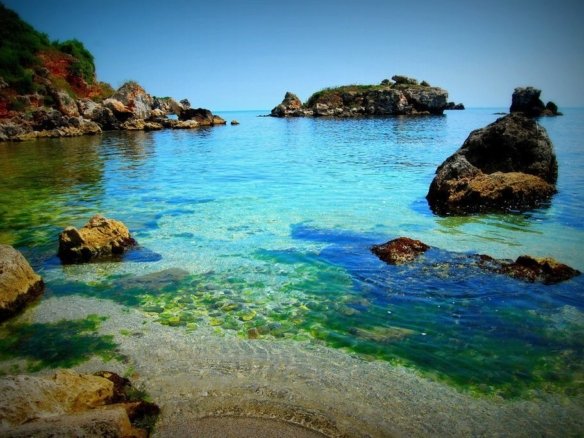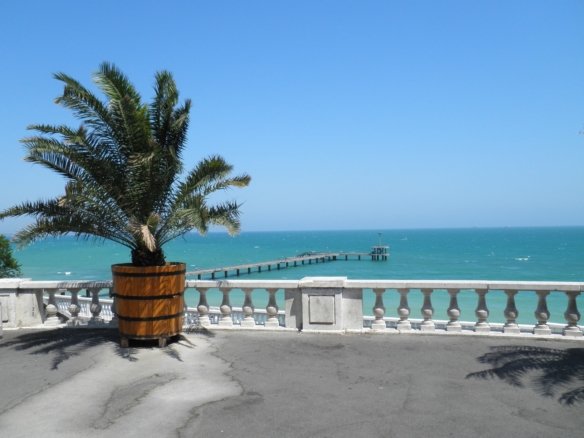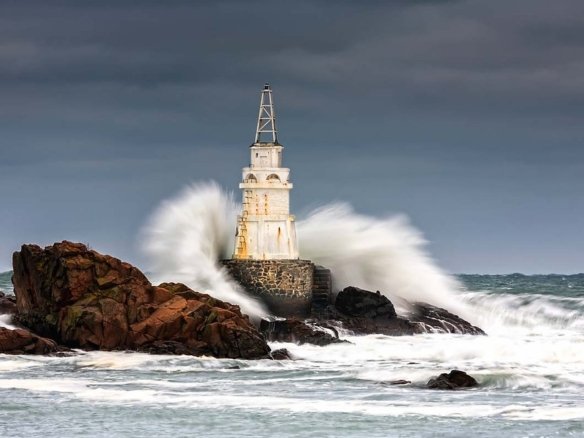A Land Steeped in Antiquity, Spirit, and Dignity
Bulgaria is not just a home with a sea view.
It is the birthplace of the alphabet, of poetry, and of freedom.
It is a land where time is not measured by calendars, but by battles, inspiration, and a preserved spirit.
The Thracians – The First Witnesses
They left behind golden treasures, megalithic sanctuaries, myths, and music that still echo in the mountains.
– Orpheus, the mythical singer of the gods, was born on these lands.
– Perperikon, Tatul, Sborianovo — here, time has turned to stone.
Rome and Byzantium – Cultural Foundations
Bulgaria carries the legacy of Roman governance and Byzantine spirituality.
– Serdica (Sofia) – a city beloved by Constantine the Great.
– Plovdiv (Philippopolis) – with its amphitheater, old town, and over 8,000 years of history.
– Varna – once Odessos, now the maritime capital and an archaeological treasure trove.
🇧🇬 The Founding of Bulgaria – 681 AD
In 681 AD, Khan Asparuh founded the Bulgarian state — one of the oldest countries in Europe that still exists under the same name today.
Baba Vanga
– In the foothills of Mount Belasitsa lies the town of Petrich, home to the legendary prophetess Baba Vanga, whose visions drew thousands.
– In the nearby Rupite region, time feels suspended — the air is charged with something beyond reason.
The Bulgarian Alphabet – Our Gift to the World
In the 9th century, Saints Cyril and Methodius created the Glagolitic script, and their disciples Clement, Naum, and Angelarius later developed the Cyrillic alphabet — today used by over 300 million people.
This is more than an alphabet. It is identity, spirituality, and culture.
The Golden Age Kings
– Tsar(King) Simeon the Great transformed Bulgaria into a cultural and military power in Europe.
– Literary schools, monasteries, and churches flourished.
– The Bulgarian language echoed across the Christian world.
Five Centuries of Darkness, Five Centuries of Inner Light
The Ottoman rule (1396–1878) could not break the spirit of the Bulgarian people.
– Vasil Levski, Hristo Botev, Georgi Rakovski, Benkovski, and other revolutionaries ignited the flame of freedom.
– Paisii Hilendarski and Sophronius of Vratsa awakened the nation’s spiritual consciousness.
The Bulgarian National Revival and Literature
This era turned words into weapons, and poetry into ideology.
Geo Milev – an expressionist, executed for his unwavering belief in freedom
Peyo Yavorov – love, revolution, sorrow, Macedonia
Pencho Slaveykov – philosophy and soul, the embodiment of European elegance
Elin Pelin – the master of rural Bulgaria, simplicity laced with profound depth
Ivan Vazov – “the patriarch of Bulgarian literature,” author of Under the Yoke
These writers did not merely write — they built a nation with their words.
Faith
The Eastern Orthodox Church kept the flame of national spirit alive through the centuries.
– The Rila Monastery, founded by St. Ivan of Rila, is a spiritual and architectural marvel.
– Bachkovo, Troyan, Dryanovo — monasteries where time stands still.
The Sea — A Witness to History
Nessebar
– A settlement with over 3,000 years of history, from Thracians to Byzantines.
– Home to more than 40 preserved churches, cobbled streets, and protected by UNESCO.
Sozopol
– The ancient Apollonia, where the sea blends with antiquity and art.
– A haven for festivals, artists, and timeless charm.
Balchik
– Thracian roots, Greek mythology, Roman grandeur.
– The Palace of Queen Marie and the botanical garden give the town a fairy-tale aura.
Baba Vanga
– In the foothills of Mount Belasitsa lies the town of Petrich, home to the legendary prophetess Baba Vanga, whose visions drew thousands.
– In the nearby Rupite region, time feels suspended — the air is charged with something beyond reason.
Baba Vanga
– In the foothills of Mount Belasitsa lies the town of Petrich, home to the legendary prophetess Baba Vanga, whose visions drew thousands.
– In the nearby Rupite region, time feels suspended — the air is charged with something beyond reason.





Join The Discussion